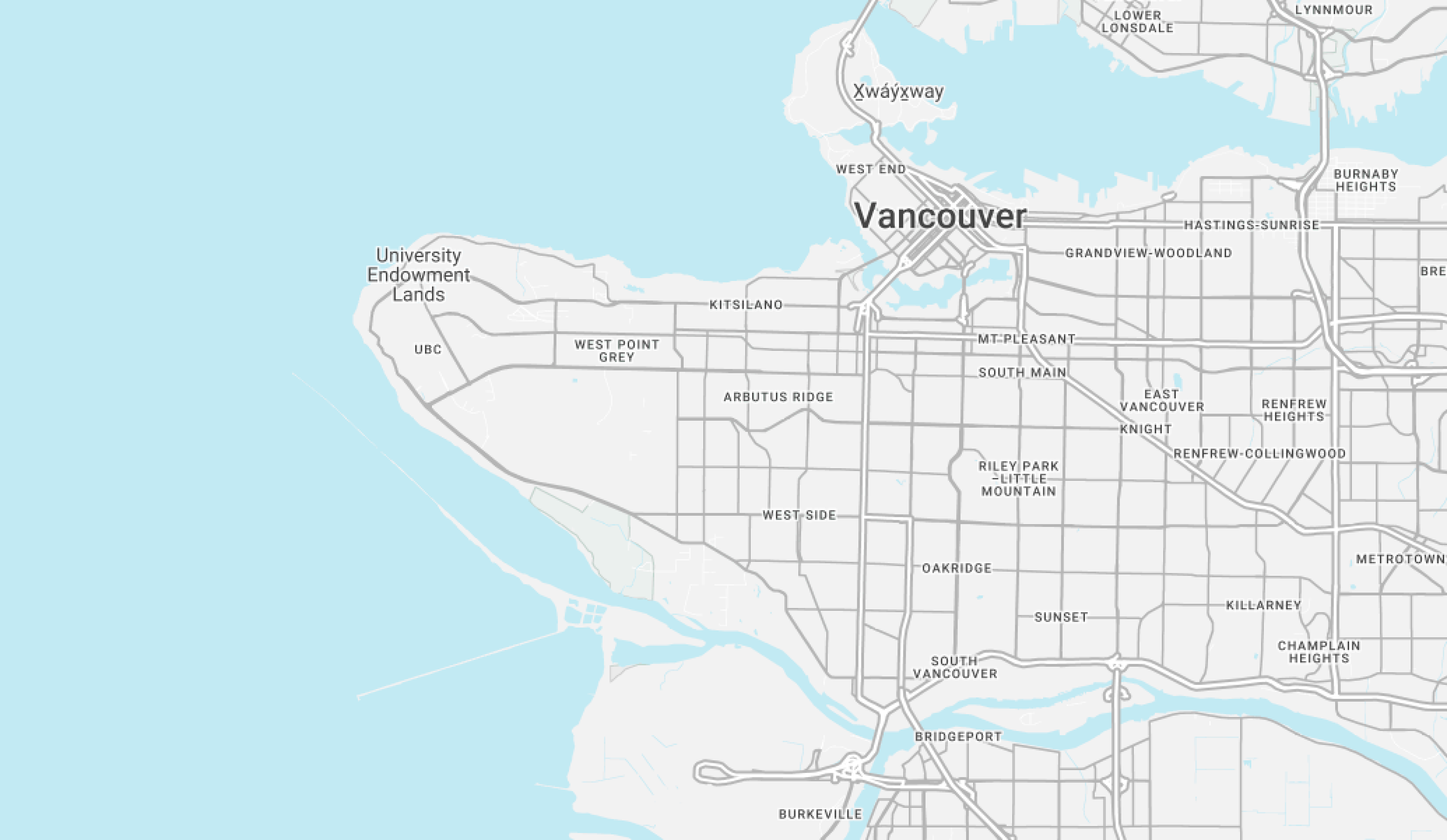
hosting our 2nd compensated MOA Education Session which will focus on Common Questions and Solutions
Much is being written in the media lately about infrastructure projects and pipelines and the politics of hydrocarbon fuels. Rest assured that’s not what this piece is about – you can read about all of that and develop your own opinions. But there are some health-related issues surrounding natural gas that I encourage you to consider.
The term “natural gas” was first coined in the early 1800’s to distinguish it from what had been the more commonly used “coal gas”, manufactured by steam processing coal. Alternatively, gaseous collections that could be extracted by drilling were referred to as “natural gas”. These pockets are known as “conventional” gas deposits.
Today extraction is primarily through a process of fracturing sand and shale to release trapped gas, so-called “unconventional deposits”. Large amounts of water and chemicals are pumped under high pressure to create fissures in rock in this process of “fracking”.
The name natural gas has persisted and is being used to imply a fuel that is cleaner, safer, and more environmentally friendly than dirty coal. These attributes are misleading. Natural gas is mostly composed of methane, a potent greenhouse gas implicated in global warming. At many points in the drilling and transport processes, methane leaks directly into the atmosphere. Moreover, there are health effect both in and around fracking areas, and in homes where natural gas is used for cooking. Growing evidence suggests that people living near well sites are exposed to groundwater, air and waste that contain potential carcinogens and hormone disruptors coming from chemicals in the fracking water. Studies link negative health outcomes including preterm birth, low birth weight, congenital abnormalities, and various cancers to living near fracking sites. In our homes, natural gas stoves emit nitrogen dioxide, a respiratory irritant that can induce asthma flares. Benzene and formaldehyde are also released, both are known carcinogens, and long-term exposure may be implicated in some cancers.
I believe that continuing to call it “natural gas” is a classic example of “greenwashing”, where industries make deceptive claims about a product’s safety or supposed environmental benefits. In medicine we wouldn’t accept false claims about a drug’s efficacy or safety. The same scrutiny should be used for businesses flying the “Eco” banner. Currently Bill C-59 in Canada aims to hold companies to account for their green claims. Not surprisingly, those with interest in natural gas oppose this legislation.
The views and opinions expressed in this writing are solely those of the author, a practicing physician focusing on environmental topics, and do not necessarily represent the official position of the Vancouver Division of Family Practice. This content is intended to stimulate critical thinking and professional discourse regarding the intersection of family practice and environmental health concerns, including climate change impacts on patient care and community health outcomes.


To search for a member, please provide their email address and MSP:
Is the member currently not registered? Please reach out to the memberships team at membership@vancouverdivision.com
A member of the Vancouver Division team will be in touch with next steps.
We have found the following member with the information provided:
Member Name
E-mail:
MSP:
Which of the following best describes the new member role in the site? Please select at least one.*
By clicking the following box, you are granting the new member editing capabilities on your site:
An email notification has been sent
By inviting the member to be a Site Administrator, you are granting the new member editing capabilities on your site.
An email notification has been sent
This action removes this person’s ability to manage the site information
Do you want to remove this staff member from your team?
This member has been removed from your team
Once you unpublish this listing, it can only be republished by a member of the Vancouver Division Team.
Please contact recruitment@vancouverdivision.com for more information.
Applicant contact:
Member Name
E-mail:
if your clinic name does not appear in the list above, or if you see an "Error loading sites" message, please contact projects@vancouverdivision.com.
Member Name
Site Name
N/A
Outcomes: What are the expected outcomes of your event?
Participants: Who do you plan to invite?

Thank you for your interest in the Physician Peer Engagement Program! We have received your application.
We will review your application and be in touch shortly.
It will be reviewed and published by the Vancouver Division.

Get In Touch
202 – 777 West Broadway, Vancouver, BC V5Z 4J7
Main Office: 604-569-2010
Fax: 604-321-5878







Get In Touch
202 – 777 West Broadway, Vancouver, BC V5Z 4J7
Main Office: 604-569-2010
Fax: 604-321-5878
Get In Touch
202 – 777 West Broadway, Vancouver, BC V5Z 4J7
Main Office: 604-569-2010
Fax: 604-321-5878
Some content is only visible for members of the Vancouver Division of Family Practice. To see all the information on this and other pages, including downloadable templates, videos, and opportunities for engagement, sign in with your account: